When it comes to nutrition, there is often a spectrum of good, better, and best. This varies from person to person. What is healthy for one may not work for another All of this depends on multiple factors, circumstances, and individual needs.
This is no different when choosing between Celsius vs Coffee. Let's take a look at how they compare in terms of caffeine content, ingredients, calories, and more. My goal is to help you make the most healthy and informed decision so that you can feel your best!
Jump to:
- Differences and Fast Facts
- Caffeine Intake
- Clean Energy vs Artificial Energy
- What is Celsius?
- Celsius vs Other Energy Drinks
- Reference Chart Celsius vs Red Bull
- Is Coffee Healthy?
- Monitoring Caffeine Intake
- Celsius vs Coffee
- Celsius vs Coffee Types
- Celsius Drink Options
- Popular Celsius Products Ingredients
- Ingredient Notes
- Celsius Ingredients Broken Down
- Final Thoughts
- Comments
Differences and Fast Facts
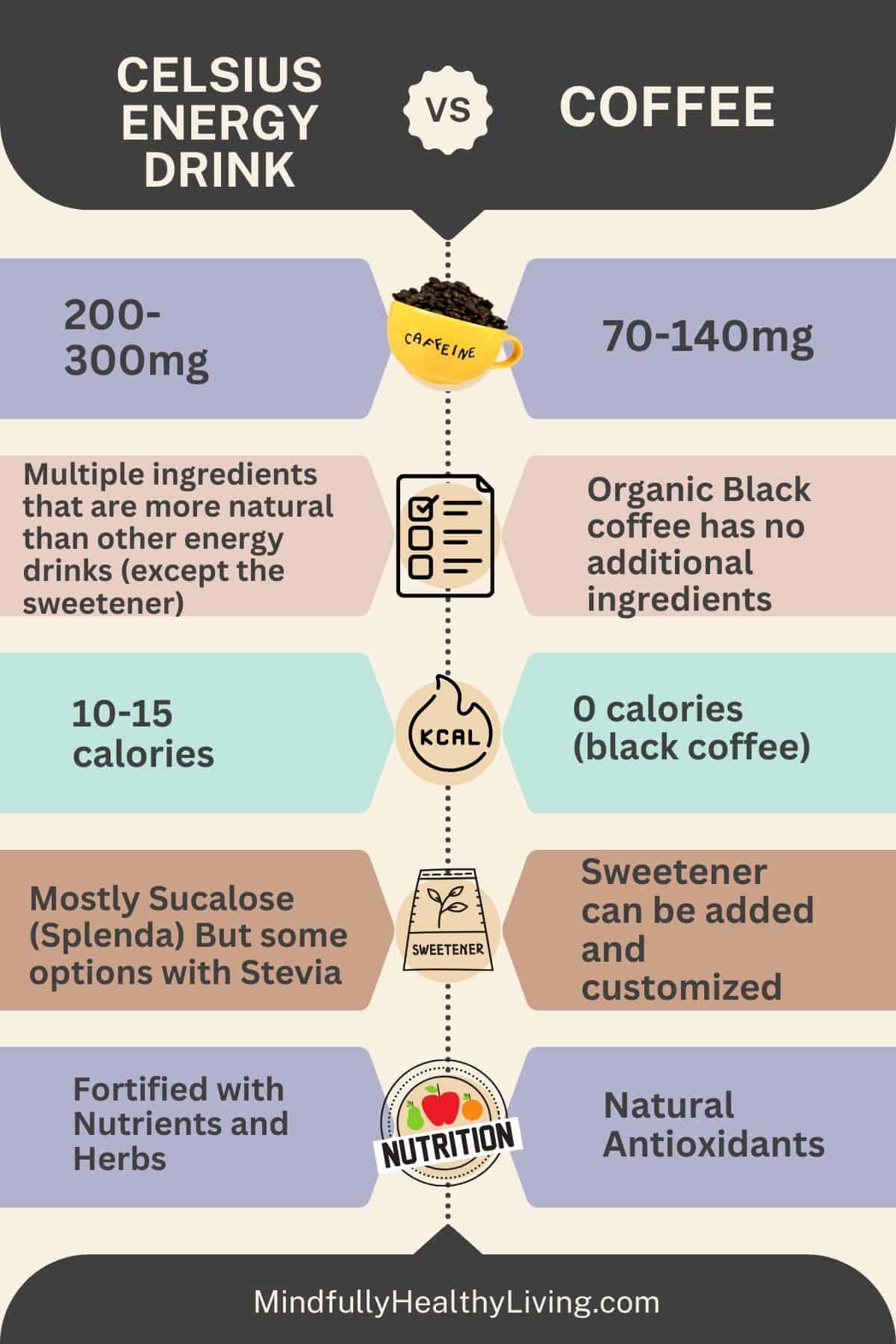
Caffeine content in Celsius vs Coffee: Celsius has more caffeine than coffee with 200mg per can while a standard cup of coffee ranges between 70-140mg of caffeine.
Coffee has naturally occurring caffeine that is released when the beans are ground and brewed. It also has naturally beneficial antioxidants.
Celsius has added caffeine, additional flavors, and stimulating herbs and supplements like guarana seed, green tea extract, and taurine.
Calories in Celsius vs Coffee: Plain black coffee is low in calories (one calorie per cup). It is also naturally bitter. People often add cream and sweeteners to flavor. These additions can increase calories quickly. Depending on the products you choose, they can also have other unnatural ingredients.
Celsius offers a variety of flavors that range from 10-15 calories per can. To sweeten, most Celsius varieties use sucralose (Splenda). This a synthetic sweetener that has been increasingly linked to health issues.
However, they also have a more natural option, sweetened with Stevia. Stevia is a natural herbal sweetener that doesn't spike sugar or add calories. It does come with its own set of benefits and risks. (Check out our guide to keto sweeteners here.)
Caffeine Intake
When it comes to coffee, energy drinks, and other caffeinated beverages, I have seen family, friends, and clients all have different experiences with their caffeine intake and how it has affected their health and energy levels.
As a Holistic Nutritionist and someone who has both been hooked on caffeine and energy drinks as well as someone who later became sensitive to caffeine, I recommend using it with caution. Whether in coffee or energy drinks, moderation is key. And most importantly, listening to your own body and experiences.
Quality of ingredients and sourcing is an important factor to consider, as well as maintaining a balanced diet and lifestyle.
Caffeine is a stimulant. Those who have health conditions, pregnant women and young children, and those who experience caffeine sensitivity or intolerance should avoid beverages that contain high levels of caffeine. Please discuss this with your doctor before making changes to your diet and lifestyle.
Clean Energy vs Artificial Energy
Adopting a lifestyle that includes eating clean, whole foods, avoiding chemicals in foods and household products, drinking pure spring water, and practicing mindful eating can support healthy clean energy levels.
Additionally, getting enough quality sleep, engaging in physical activity and regular exercise, and surrounding oneself with positive thoughts, healing energy, and consistent prayer create a strong foundation that contributes to overall well-being and vitality.
Drinking cold-pressed juice is one of my favorite natural ways to boost energy. Check out our guide to the benefits of cold-pressed juice.
I get it, in our busy lifestyles, we find that we fall short in some of these areas and seek external sources for a boost of energy in the forms of tea, coffee, and energy drinks like Red Bull, Monster, Rockstar, and more.
Many people use energy drinks to fuel their active lifestyle and the need to stay awake and keep going.
These caffeinated beverage options and lifestyle choices come at a cost and can lead to excessive caffeine consumption. Too much caffeine often has negative side effects on heart rate, and the nervous system, and even results in withdrawal symptoms.
When one begins to experience these adverse effects they may begin to wonder if there are better options like healthy energy drinks.
Celsius is one energy drink that has hit the market by storm. They claim to have better ingredients that avoid preservatives, artificial flavors, and additional toxic ingredients.
Celsius energy drink is marketed as a healthy alternative to the most popular energy drinks on the market.
What is Celsius?
Celsius Energy Drink is a popular brand of energy drinks. It is a carbonated beverage with a high caffeine content that is designed to provide a boost of energy, enhance focus, and support metabolism.
Celsius Energy Drink has a blend of ingredients: caffeine, taurine, guarana seed extract, green tea extract, and various vitamins and minerals.
It is marketed as a drink that can help promote weight loss, increase endurance, and improve physical performance. Most people grab a Celsius when they want an energy boost before workouts or as a pick-me-up during the day.
It's important to note that while energy drinks can provide temporary energy and focus, they should be consumed in moderation.
I always recommend listening to your body. If you experience side effects, decrease use and consider stopping altogether. As frustrating as it is, I've had to do this- so I get it!
Celsius vs Other Energy Drinks
When comparing Celsius vs coffee, it's important to also consider how Celsius compares to other energy drinks. Celsius Energy Drink separates itself from other energy drinks like Red Bull by marketing itself as a fitness-focused drink. The company claims that its blend of ingredients provides a sustained energy boost, enhances metabolism, and improves exercise performance.
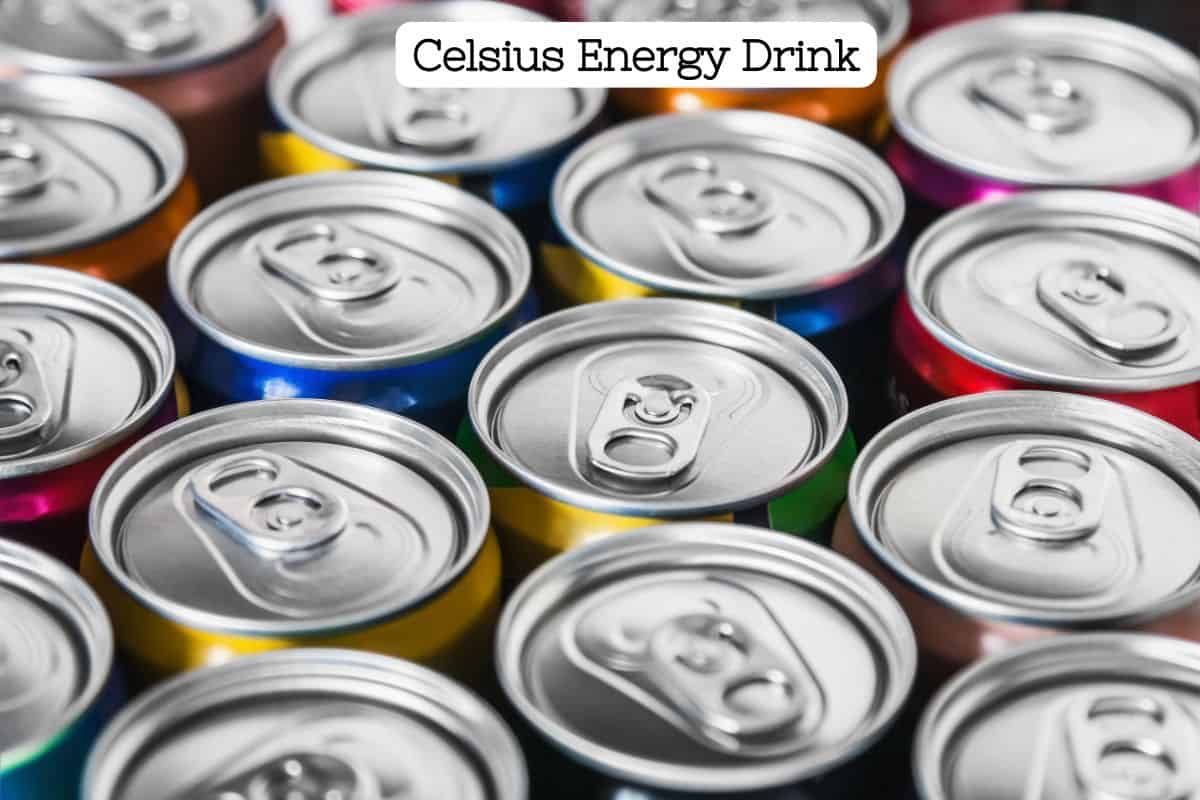
Additionally, Celsius says it has a thermogenic effect, which means it would potentially increase calorie burning and metabolic rate. Unlike Red Bull, Celsius' sugar-free options avoid artificial preservatives, flavors, and colors.
HOWEVER, most Celsius products contain artificial sweeteners, like sucralose (Splenda). This has been known to contribute to the decline of gut health and increase inflammation and cancer risk.
They do offer Celsius Stevia. This option contains stevia as the sweetener, which is a more natural sugar alternative.
Celsius claims that they select high-quality natural ingredients, including caffeine, taurine, guarana extract, green tea extract, ginger extract, and added vitamins and minerals.
They want to provide a more beneficial energy boost, compared to other energy drinks that often include caffeine, taurine, B vitamins, and processed sugars.
However, in comparing Celsius to coffee and other caffeinated beverages, the amount of caffeine in Celsius energy drinks tends to be much higher.
Reference Chart Celsius vs Red Bull
Here's a table comparing the ingredients, nutritional labels, and caffeine content of Celsius Energy Drink and Red Bull:
| Topic | Celsius Energy Drink | Red Bull |
|---|---|---|
| Ingredients | Caffeine, Taurine, Guarana Extract, Green Tea Extract, Ginger Extract, Various Vitamins, and Minerals | Caffeine, Taurine, B vitamins, Sugars |
| Sugar | Varies (including sugar-free options) | Yes (sugar content varies) |
| Artificial Preservatives, Flavors, Colors | None | May contain artificial additives |
| Nutritional Label | Varies depending on the flavor | Varies depending on the flavor |
| Caffeine Content | Typically around 200 mg of caffeine per serving | Typically around 80mg of caffeine per serving |
Please note that the nutritional labels and caffeine content may vary among different flavors and specific products within each brand. It's always advisable to check the packaging or official websites for accurate and up-to-date information on ingredients, nutritional content, and caffeine levels.
Is Coffee Healthy?
Coffee can be a part of a healthy lifestyle when consumed in moderation. It is also very important to choose quality coffee brands that are low acid, organically grown, and tested for mold and other toxins.
When it comes to Celsius vs Coffee, it's important to note that coffee is a naturally occurring substance with beneficial components. Coffee contains antioxidants and bioactive compounds that offer potential health benefits. The caffeine in coffee is known to enhance mental function, alertness, and cognitive performance. It has also been shown to improve physical performance and endurance.

There have even been studies linking moderate coffee consumption with a lower risk of certain diseases such as type 2 diabetes, Parkinson's disease, liver diseases, and certain types of cancer.
However, it's important to note that everyone is different and may not respond to coffee the same way. People with caffeine sensitivity may struggle to tolerate coffee. Some may experience jitter, anxiety, heart palpitations, or shakiness.
Also, histamine may be a factor. As I always say, listen to your body and adjust accordingly. If you struggle with coffee or histamine sensitivity, check out our article on histamines in coffee and minimize your exposure to them. We also have an article that shows a natural way to reduce the acidity in coffee.
Monitoring Caffeine Intake
Excessive caffeine intake can cause side effects like restlessness, increased heart rate, anxiety, and digestive issues.
Drinking caffeine too close to bedtime can make it hard to get a good night's sleep.
People with certain health conditions such as heart problems or high blood pressure may need to limit or avoid caffeinated beverages.
It is also important to remember that additives in coffee or energy drinks can have an effect on the overall healthiness of the drink. Think: creamers, sugar, artificial sweeteners, etc. Check out my guide to coffee creamers for diabetics!
In general, moderate coffee consumption of no more than 3 to 4 cups of coffee per day or up to 400 milligrams of caffeine is considered safe for most people.
However, it's essential to listen to your body, be aware of personal tolerance, and make choices that align with your overall health and well-being. When in doubt, consult with your doctor for advice.
For example: I had not been able to tolerate more than 1-2 cups of coffee every other day. I used high-quality low-acid organic coffee beans with a splash of Ceylon cinnamon and pure monk fruit sweetener. Recently I had to eliminate caffeine altogether for a while.
Once in a while, I can have a small cup of matcha green tea for a bit of a boost. Listen to your body and adjust accordingly. If you are interested in learning more about matcha or other green tea, check out this article: Matcha vs Sencha Green Tea.
Celsius vs Coffee

Caffeine Content: Celsius typically contains around 200mg of caffeine per serving, while caffeine in coffee can vary. A standard 8-ounce cup of coffee contains about 95mg of caffeine, but this can vary depending on the type of coffee and the brewing method used.
Additional Ingredients: Celsius Energy Drink contains a blend of ingredients such as taurine, guarana extract, green tea extract, and ginger extract. Coffee, on the other hand, is a more straightforward beverage made from roasted coffee beans and water.
Targeted Benefits: Celsius Energy Drink is marketed as a fitness beverage that aims to enhance metabolism, support weight loss, and improve physical performance. For the most part, people drink coffee for its stimulant effects.
Taste and Variety: Celsius Energy Drink comes in various flavors. Coffee, on the other hand, allows versatility depending on the flavors, sweeteners, and creams you can add to it.
Hydration: Both coffee and Celsius contain caffeine, which is a diuretic. This requires more water consumption. Since Celsius has more caffeine, the risk of dehydration may be increased.
Portability and Convenience: Celsius Energy Drink comes in pre-packaged cans. This makes it convenient to carry and consume on the go. Coffee can be prepared at home or purchased from a coffee shop, so it might take extra time and consideration to prepare.
Personal Preference and Tolerance: The choice between Celsius Energy Drink and coffee ultimately depends on personal preference, lifestyle, and individual tolerance to caffeine. If you like the jolt of energy drinks, Celsius is a good option. But some may simply prefer the taste of coffee. It really is up to you.
Celsius vs Coffee Types
| Nutrition Facts | Health Benefits | Caffeine Content | |
|---|---|---|---|
| Black Coffee | Negligible calories, fat, and carbohydrates | Antioxidant-rich may enhance mental alertness and focus | Approximately 95mg per 8-ounce cup |
| Espresso | Negligible calories, fat, and carbohydrates | Concentrated caffeine boost, aids digestion | Approximately 63mg per 1-ounce shot |
| Latte | Varies based on milk and added sweeteners | Provides calcium and vitamin D, creamy and indulgent | Varies based on coffee strength |
| Cappuccino | Varies based on milk and added sweeteners | Balanced coffee-milk ratio, frothy texture, moderate caffeine | Varies based on coffee strength |
| Mocha | Varies based on milk and added sweeteners | Combines coffee, chocolate, and milk, boosts mood and satisfaction | Varies based on coffee strength |
| Cold Brew | Negligible calories, fat, and carbohydrates | Smooth and less acidic, may reduce the risk of heartburn and reflux | Approximately 200mg per 16-ounce |
| Celsius Energy Drink | Varies depending on the flavor | Fitness-focused, promotes weight loss, metabolic boost, and performance enhancement | Approximately 200mg per serving |
Please note that the nutritional content and caffeine values for Celsius Energy Drink may vary depending on the specific flavor and product variation. It's always advisable to check the packaging or consult reliable sources for precise nutritional information and caffeine content.
Celsius Drink Options
Celsius offers a range of energy drinks that are designed to support various health and fitness goals. Here are some of the different types of Celsius drinks and their features:
Celsius Originals: This line of drinks includes flavors like Sparkling Orange, Sparkling Cola, and Sparkling Wild Berry. They provide an energy boost while also promoting calorie burning and improving physical performance.
Celsius Naturals: These drinks are made with natural flavors and have no artificial preservatives or colors. They are available in flavors such as Sparkling Grapefruit, Sparkling Cucumber Lime, and Sparkling Watermelon. If you enjoy energy drinks, this option would be my recommendation, along with Celsius Stevia.
Celsius Heat: This line of drinks is specifically formulated as a fitness drink to provide an extra kick for intense workouts and to help accelerate metabolism. Celsius Heat has 300mg of caffeine and comes in flavors like Inferno Punch, Cherry Lime, and Blueberry Pomegranate.
Celsius On-The-Go Powder Sticks: These powder sticks are convenient and allow you to mix Celsius into water wherever you are. They come in flavors like Raspberry, Acai Green Tea, Orange, and Kiwi Guava.
Celsius Stevia: This is a variation of the original Celsius energy drinks but uses stevia as a natural, zero-calorie sweetener instead of artificial sweeteners like sucralose. Stevia is derived from the leaves of the stevia plant and has gained popularity as a natural alternative to artificial sweeteners.
Popular Celsius Products Ingredients
| Drink Type | Ingredients |
|---|---|
| Celsius Originals | Carbonated Filtered Water, Citric Acid, Natural Flavor, Sucralose, Vegetable Juice (for color), Fruit and Vegetable Extracts (for color), Green Tea Leaf Extract, Caffeine, Guarana Seed Extract, Glucuronolactone, Ginger Root Extract, Calcium Carbonate, Niacinamide (Vitamin B3), Pantothenic Acid (Vitamin B5), Pyridoxine Hydrochloride (Vitamin B6), Cyanocobalamin (Vitamin B12) |
| Celsius Naturals | Carbonated Filtered Water, Citric Acid, Natural Flavor, Stevia Leaf Extract, Vegetable Juice (for color), Green Tea Leaf Extract, Caffeine, Guarana Seed Extract, Glucuronolactone, Ginger Root Extract, Calcium Carbonate, Niacinamide (Vitamin B3), Pantothenic Acid (Vitamin B5), Pyridoxine Hydrochloride (Vitamin B6), Cyanocobalamin (Vitamin B12) |
| Celsius Heat | Carbonated Filtered Water, Citric Acid, Natural Flavor, Sucralose, Vegetable Juice (for color), Green Tea Leaf Extract, Caffeine, Guarana Seed Extract, Glucuronolactone, Ginger Root Extract, Calcium Carbonate, Niacinamide (Vitamin B3), Pantothenic Acid (Vitamin B5), Pyridoxine Hydrochloride (Vitamin B6), Cyanocobalamin (Vitamin B12) |
| Celsius On-The-Go | Varies depending on flavor, but commonly includes ingredients such as Citric Acid, Natural Flavor, Sucralose, Vegetable Juice (for color), Green Tea Leaf Extract, Caffeine, Guarana Seed Extract, Glucuronolactone, Ginger Root Extract, Calcium Carbonate, Niacinamide (Vitamin B3), Pantothenic Acid (Vitamin B5), Pyridoxine Hydrochloride (Vitamin B6), Cyanocobalamin (Vitamin B12) |
| Celsius Stevia | Carbonated Filtered Water, Citric Acid, Natural Flavor, Stevia Leaf Extract, Vegetable Juice (for color), Green Tea Leaf Extract, Caffeine, Guarana Seed Extract, Glucuronolactone, Ginger Root Extract, Calcium Carbonate, Niacinamide (Vitamin B3), Pantothenic Acid (Vitamin B5), Pyridoxine Hydrochloride (Vitamin B6), Cyanocobalamin (Vitamin B12) |
Ingredient Notes
Please note that the specific ingredients may vary slightly depending on the flavor and formulation of each Celsius drink. It's always advisable to check the packaging or consult reliable sources for the exact ingredient list of a particular Celsius product.
To avoid artificial sweeteners, it would be better to choose Celsius stevia or Celsius naturals. However, it is also important to note that some added vitamins and nutrients may be synthetic.
If you have certain health conditions, consult with a doctor before consuming products that have added supplements to ensure it is right for you.
Celsius Ingredients Broken Down
Celsius energy drinks contain various ingredients that provide an energy boost and support overall well-being. Let's explore each ingredient, where they are sourced, and their potential health benefits:
Carbonated Filtered Water
The primary base of Celsius drinks is carbonated filtered water, which helps to hydrate the body and create a refreshing beverage.
Citric Acid
Citric acid is a natural compound derived from citrus fruits and is used as a flavor enhancer and preservative. It also adds a tangy taste to the drinks.
Citric acid can also cause tooth enamel erosion and aggravate inflammation and gut disturbances.
For more information on healthy oral care, check out this article on Hydroxyapatite toothpaste.
Natural Flavor
Celsius uses natural flavors from fruits, plants, or spices to create the desired taste profiles for their drinks. Natural flavors are generally considered a better alternative to artificial flavors.
However, standards for using the term natural flavors are loose, and it can indicate some things that are not actually natural or good for you.
Sweeteners
a) Sucralose: Sucralose is a calorie-free artificial sweetener used in some Celsius drinks. It provides sweetness without affecting blood sugar levels. However, I strongly caution against its use.
b) Stevia Leaf Extract: Stevia is a natural, zero-calorie sweetener derived from the stevia plant. Celsius Stevia uses stevia leaf extract as the sweetener.
Vegetable Juice (for color)
Vegetable juice or extracts are added to some Celsius drinks for natural coloring purposes.
It provides a visually appealing beverage without the need for artificial colors. It may also have phytonutrients in it, depending on how it was processed.
Green Tea Leaf Extract
Green tea leaf extract has an antioxidant called EGCG which is amazing for you.
Caffeine
Celsius drinks caffeine comes from natural sources like green tea or guarana seed extract.
Guarana Seed Extract
Guarana seed extract is derived from the seeds of the guarana plant and naturally contains caffeine. It provides an additional source of caffeine in Celsius drinks.
Glucuronolactone
Glucuronolactone is a naturally occurring compound found in the body and some plant sources. It is believed to support detoxification processes, liver health, and overall well-being.
Ginger Root Extract
Ginger root extract is known for its anti-inflammatory and digestive benefits.
Calcium Carbonate
Calcium carbonate is a common calcium supplement that comes from natural sources such as limestone or oyster shells. It is added to Celsius drinks as a nutritional boost.
Vitamin B
Celsius drinks are fortified with various B vitamins, including Niacinamide (Vitamin B3), Pantothenic Acid (Vitamin B5), Pyridoxine Hydrochloride (Vitamin B6), and Cyanocobalamin (Vitamin B12). These vitamins play essential roles in energy metabolism, cognitive function, and the maintenance of overall health.
It's worth noting that the "healthiness" of these ingredients depends on individual needs. They also depend on the quality of the sourcing of the nutrients.
Final Thoughts
As I mentioned before, there is a good, better, and best option that varies from person to person, situation to situation. When it comes to Celsius vs coffee, this is no different.
The absolute best option is to go with pure, unadulterated natural foods that are minimally processed, that allow your body to produce energy naturally.
My favorite natural energy drink is made with lemon and turmeric: Lemon Juice Liver Cleanse. It gives me a nice pick-me-up first thing in the morning.
If you want to go with a caffeinated drink, you could try Matcha or Sencha Green Tea, Yerba Mate Tea, Hojicha, Mauby Bark Tea, or high-quality organic coffee as a great choice.
If you prefer the jolt of an energy drink, always read the ingredients, and opt for one that uses more natural ingredients.
I'd say, if you are making the switch from artificial energy drinks, switching to Celsius can be a good option and a step in the right direction.
Once you are ready, a better choice may be to shift to coffee or tea. These have incredible antioxidants and additional health benefits without the substantial amounts of caffeine that Celsius has.
The best option would be to consider caffeine alternatives, exercise, get quality sleep incorporate healthy high-vibrational foods and thoughts into your life. These are among the best energy, mood, and health boosts available. Wherever you are on your health journey, we are here to help, support, and love.
Follow us for more nutrition tips and recipes along the way!
Have you tried Celsius energy drinks? how does it compare to coffee for you? Let us know in the comments below!
Love this article? Share it with family and friends. Be sure to subscribe to our newsletter for more up-to-date holistic nutrition info and recipes!
Have a healthy day,
Natalie


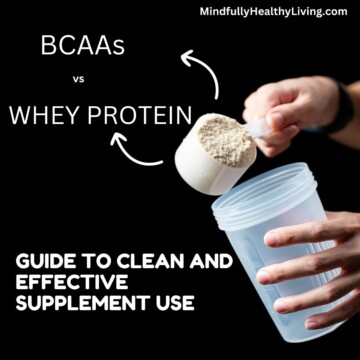
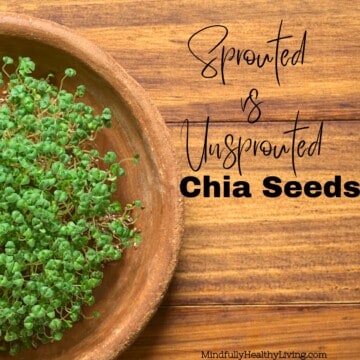
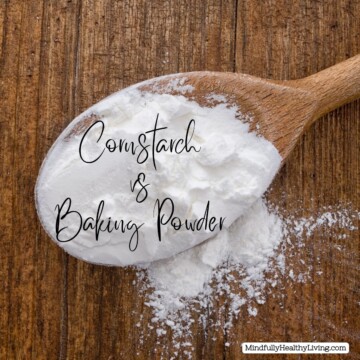
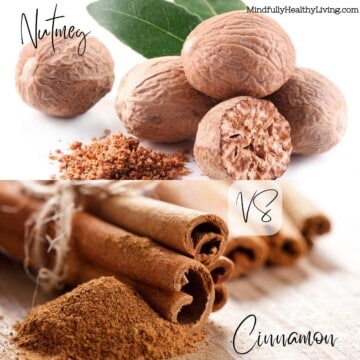

Comments
No Comments